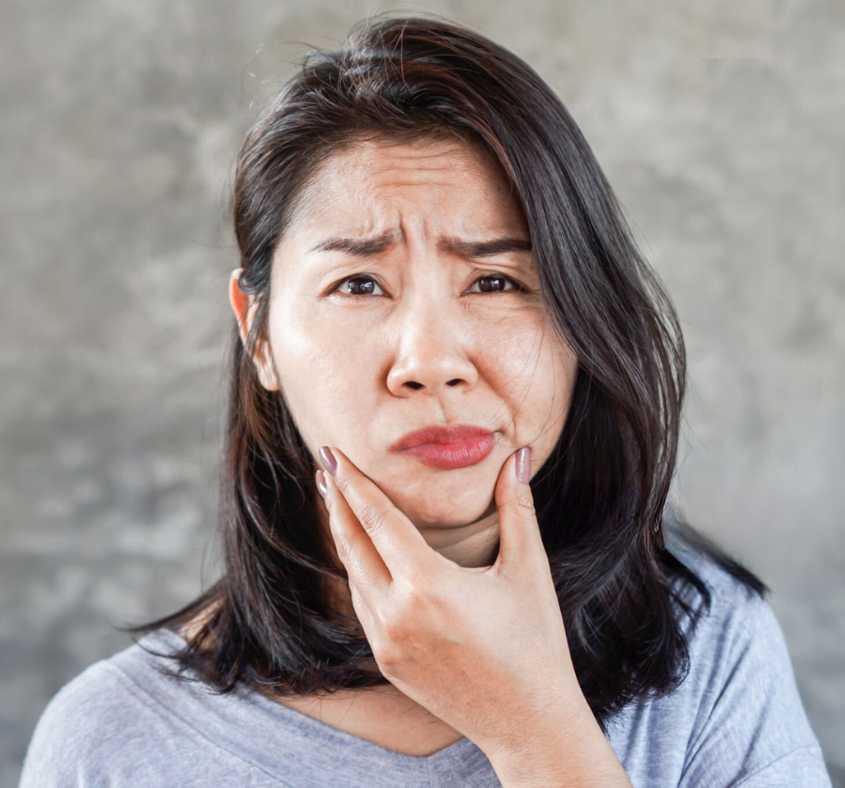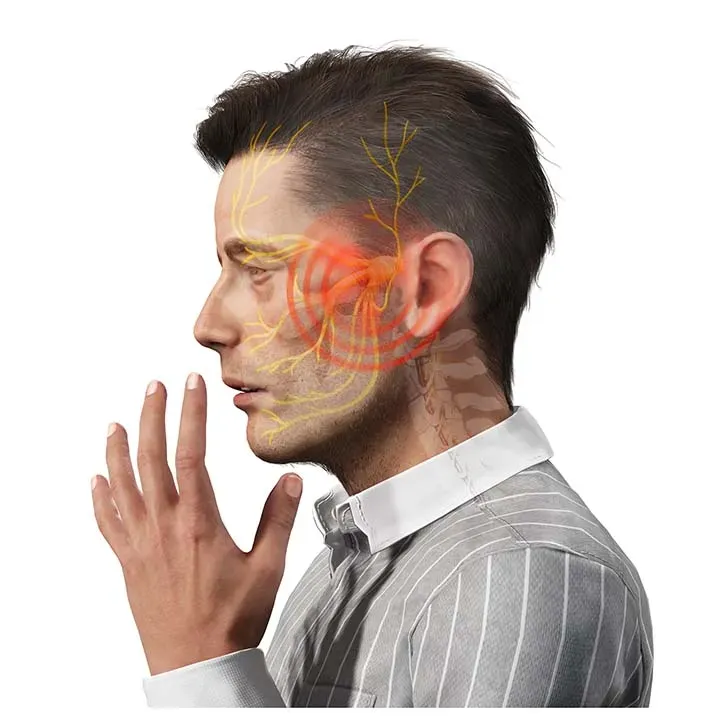Get colds or fevers easily?
Addressing a tendency to easily develop colds or fevers requires addressing underlying issues, and Chinese herbal medicine provides a holistic solution by boosting immune health and treating root causes. Traditional Chinese Medicine (TCM) focuses on balancing energies and fortifying the body’s defenses, aiming to relieve symptoms and address imbalances.
TCM herbal formulations are crafted not only to alleviate current symptoms but also to prevent future health issues. The strength of Chinese herbal medicine lies in its personalized approach, considering an individual’s constitution, lifestyle, and environmental factors. This tailored strategy ensures that the herbal treatment addresses the unique needs of each person, making it a potent method for treating the root causes of recurrent illnesses.
Acupuncture for colds and fever can stimulate the immune system, and promote overall balance. It targets lung-related points to ease respiratory symptoms and clears heat to alleviate fever. Acupuncture is individually, addressing symptoms and underlying imbalances. This holistic approach aims for symptom relief, enhanced well-being, and preventive care. Always seek acupuncture from qualified practitioners.
How to improve your lifestyle to not get a cold or fever easily with TCM?
Here are lifestyle tips that align with TCM principles to strengthen your immune system and promote overall well-being:
- Balanced Nutrition: Emphasize a balanced diet that includes a variety of whole foods. Incorporate foods that strengthen the Spleen and Lung Qi. Consume warming foods like ginger, garlic, and cinnamon. Include nourishing soups, vegetables, and lean proteins. Limit the intake of cold or raw foods, as TCM suggests they may weaken the digestive system.
- Adequate Hydration: Water is considered essential for maintaining balance. Proper hydration supports bodily functions and helps eliminate toxins. Drink warm or room-temperature water throughout the day. Herbal teas, such as chrysanthemum or ginger tea, can be beneficial.
- Sufficient Sleep: Adequate rest is crucial for replenishing Qi and maintaining overall health. Aim for 7-9 hours of quality sleep each night. Establish a consistent sleep routine and create a calm bedtime environment.
- Stress Management: Emotional balance is essential for preventing imbalances that can lead to illness. Practice stress-reducing activities such as meditation, Tai Chi, or Qigong. Incorporate deep breathing exercises to promote relaxation.
- Regular Exercise: Physical activity supports the smooth flow of Qi and promotes overall vitality. Engage in moderate, regular exercise. Avoid excessive strenuous exercise, as it may deplete Qi.
- Seasonal Adaptations: Adjust lifestyle habits according to the seasons to harmonize with nature’s cycles. Dress appropriately for the weather, especially in colder seasons. Adjust your diet and lifestyle to align with seasonal changes.
- Traditional Chinese Herbs: Herbal remedies can be prescribed to strengthen specific aspects of the body, address imbalances, and enhance the immune system. Consult with a qualified TCM practitioner to receive personalized herbal prescriptions tailored to your specific needs and constitution.
- Personalized Approach: Individualized care is a fundamental principle in TCM. The approach considers your unique constitution and specific health conditions. Consult with a TCM practitioner for a personalized assessment and guidance on lifestyle modifications and herbal treatments.
How many sessions to get treated in Chinese herbal medicine for a cold or fever?
The number of sessions required for treatment with Chinese herbal medicine for colds or fevers in Traditional Chinese Medicine (TCM) can vary based on several factors, including the individual’s health condition, the severity and duration of symptoms, and how the body responds to treatment. TCM typically takes a holistic approach, aiming to address the root causes of the issue. Symptoms of colds and fever can be rapidly corrected, but it is also possible to treat with a single session if the symptoms are resolved in time. Chronic lingering cold symptoms can take a bit longer.
What’s not to do when you have a cold or fever and are treated using Chinese herbal medicine?
- Avoid self-diagnosing and self-prescribing herbs; consult a TCM practitioner for personalized recommendations.
- Do not abruptly stop conventional medications; coordinate changes with both TCM and primary healthcare providers.
- Promptly communicate any new or worsening symptoms to your TCM practitioner.
- Limit consumption of cold or raw foods, following TCM principles favoring warm and cooked options.
- Maintain a balanced lifestyle; prioritize adequate sleep, a nourishing diet, and stress management to complement herbal treatment.
- Consistency is crucial; adhere to prescribed herbal doses and schedules for optimal results.
- Follow dietary recommendations provided by your TCM practitioner; dietary adjustments can support overall wellness.
- Attend follow-up sessions regularly to monitor progress and allow for necessary adjustments to the treatment plan.
- Maintain open communication with your TCM practitioner, informing them of any concurrent treatments, medications, or changes in health status.
Chinese herbs that are good for Colds and Fever
Chinese herbal medicine utilizes various herbs known for their immune-boosting and antiviral properties to address colds and fevers. Some commonly used Chinese herbs for colds and fevers include:
- Astragalus (Huang Qi): Boosts immune function and enhances the body’s resistance to infections.
- Honeysuckle Flower (Jin Yin Hua): Has antiviral and antibacterial properties, often used to address fever and respiratory infections.
- Forsythia Fruit (Lian Qiao): Exhibits antiviral and anti-inflammatory effects, commonly used to reduce fever and alleviate respiratory symptoms.
- Isatis Root (Ban Lan Gen): Isatis might be able to fight bacteria and viruses that can cause infections. It can also reduce fever and swelling.
- Perilla Leaf (Zi Su Ye): Known for its antiviral and anti-inflammatory effects, often used to address symptoms of the common cold.
- Mint (Bo He): Clears heat and relieves sore throat; commonly used in formulas for respiratory conditions.
- Licorice Root (Gan Cao): Has antiviral and immune-modulating properties, often used in combination with other herbs to enhance their effects.
- Scutellaria Baicalensis (Huang Qin): Exhibits antiviral and anti-inflammatory effects, commonly used to address respiratory infections and fever.
I’d like to try Chinese herbal medicine, Where can I go?
It’s important to choose a licensed and experienced acupuncturist or TCM practitioner who specializes in treating colds and fever.
At Happipuncture, we’ve helped hundreds of people experiencing colds and fever. Dial 09-2182992 to speak with a member of our expert team who will naturally assist you.
We help New Zealanders improve their health, and be young in natural, holistic ways. We take pleasure in assisting you in being more mentally and physically well.
To get in touch, visit our page at Happipuncture or call 09-2182992.
Embrace the joys of staying healthy. Let’s make it happen together at Happipuncture.




